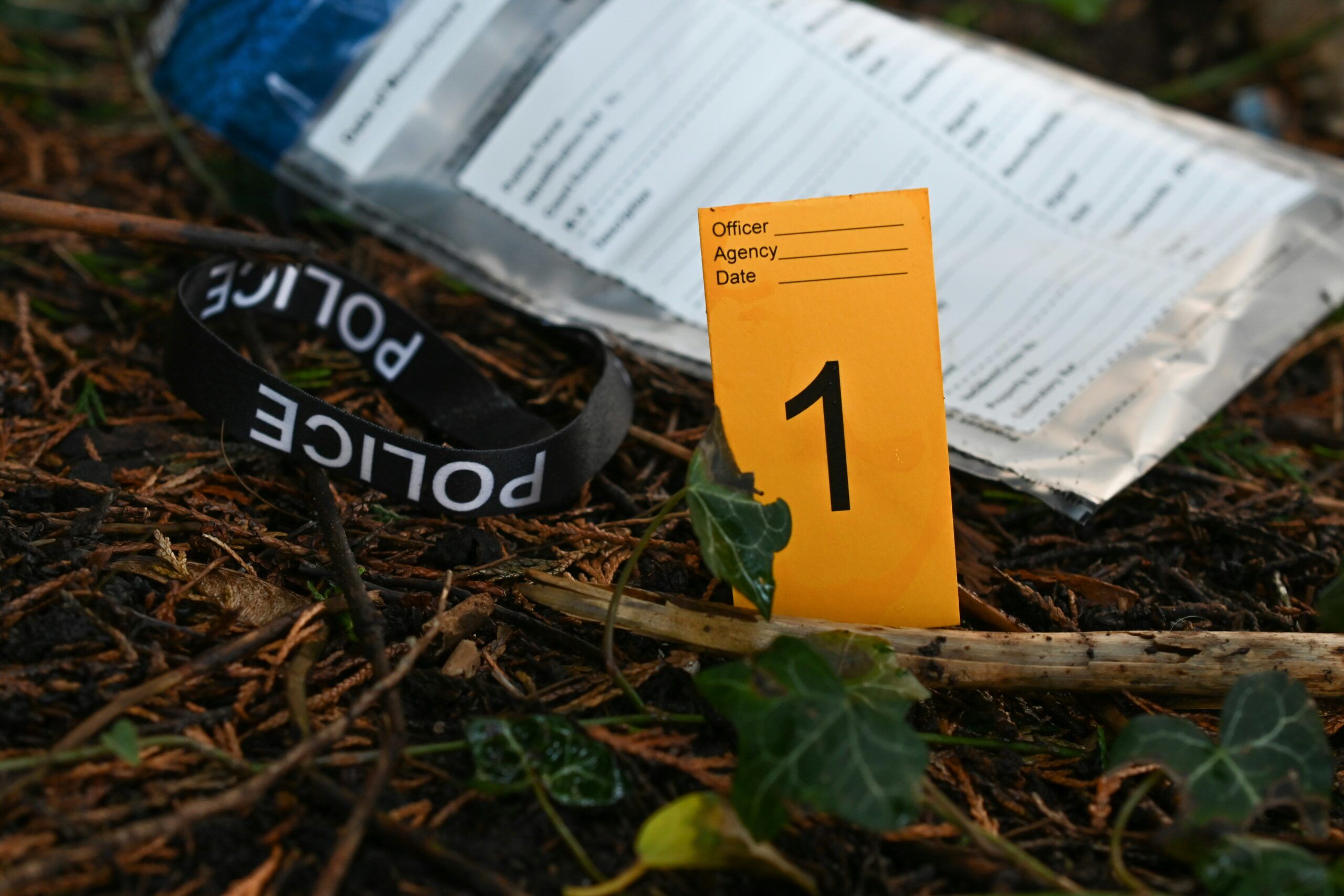Police cars with flashing lights and sirens are not the only ways in which Kansas law enforcement come after their targets. Today, many investigations take place online, using your digital history to build the case against you. A criminal defense attorney from Joseph, Hollander & Craft can advise you about what may be collected and build your strategy if your digital devices are subject to search and seizure.
Why Digital Devices Are Targeted in White Collar Investigations
Even deleted data or encrypted files can be targeted by law enforcement. Many police investigations today rely upon digital data to track communications between multiple parties and to recreate records that have been otherwise destroyed. Within your digital footprint, law enforcement officers may be able to access metadata that shows when files were created, edited, or deleted. This is often used to construct a timeline of the case from start to finish.
Multimedia evidence is the backbone of many white collar investigations, especially financial crimes. Some examples of what can be collected include:
- Device fingerprinting, taken from a combination of MAC addresses and BIOS hashes with software telemetry (i.e., browser plugins, OS versions)
- Biometrics such as fingerprints, iris pattern, and general facial structure
- Clickstreams
- IP geolocation and geofencing
- Emails and SMS messages
- Transaction history
- Blockchain information
- Server logs
- Browsing history
- Session duration
When Can Police Legally Search a Phone, Laptop, or Tablet in Kansas?
Your cell phone and the data that you enter into it is protected under the US Constitution as well as Kansas state law. A judge or magistrate is usually required to sign off on a search warrant showing probable cause before your device can be searched.
The how and why of a digital device search in Kansas is governed under KS Stat § 22-2502 (2024). Under the statute, the following can be subjected to seizure with a warrant:
Any information concerning the user of an electronic communication service; any information concerning the location of electronic communications systems, including, but not limited to, towers transmitting cellular signals involved in any wire communication; and any other information made through an electronic communications system.
As used in this section:
(1) “Electronic communication” means the use of electronic equipment to send or transfer a copy of an original document; and (2) “electronic communication service” and “electronic communication system” have the meaning as defined in K.S.A. 22-2514, and amendments thereto.
Nothing in this section shall be construed as requiring a search warrant for cellular location information in an emergency situation pursuant to K.S.A. 22-4615, and amendments thereto.
The Fourth Amendment also prevents your property from being seized without a magistrate or judge signing off on a warrant. The Fourth Amendment creates a reasonable expectation for privacy, encompassing your personal property as well as your digital data in the United States.
GPS, Automated License Plate Readers (ALPRs), and Wearables
In Carpenter v. United States (2018) the Supreme Court set a precedent to consider digital data, even when held by a third party, to still be protected under the Fourth Amendment.
Exceptions to the Rule
There are certain exceptions to the rule requiring a warrant prior to a digital device search. They are:
- Consent Searches. You have the right to refuse a search of your phone or tablet when you are pulled over or arrested. If you consent to a search just to seem friendly or accommodating to officers, the evidence they find can and will be used against you.
- Searches Incident to Arrest. In general, police can search certain property during an arrest in order to prevent destruction of evidence and protect officer safety. This is called a SILA exception and it allows for warrantless searches.
- Emergency. Warrantless searches are still permitted under emergencies. This is defined as times when the government’s interests are so compelling that a search can be deemed reasonable.
- Abandoned or discarded property. Lost cellphones or laptops can be considered “property abandoned without any prior unlawful intrusion” and can be subject to search without a warrant or probable cause.
Limitations Established in Riley V. California
Riley v. California (2014) established limitations to cell phone searches during traffic stops and arrests. In Riley, the defendant was pulled over from a traffic stop for expired license registration tags. He was detained because of the presence of guns in the car, and he had his cellphone in his pocket at the time of the arrest. Police searched the phone and found photographs of Riley making gang symbols. Because of this, he was connected to a drive-by shooting several weeks earlier and convicted.
However, the Supreme Court in Riley v. California later determined that police cannot classify a cellphone in the same category as a wallet or other physical objects found on a suspect during an arrest. Digital devices do not pose a threat to officers, and some of the data accessible via the phone but stored in the cloud cannot even be truly considered on a suspect’s person, according to Chief Justice Roberts’ opinion. Therefore, a cell phone is not part of the search incident to lawful arrest exception and cannot be searched along with other property during an arrest.
Can Law Enforcement Search Work-Issued Devices?
Kansas regulatory investigations allow for searches of work-issued devices, and professional device seizure is fairly common. In fact, your employer may be able to consent on your behalf to a search by law enforcement of a work-issued device.
Can Law Enforcement Search Cloud-Based Accounts and Encrypted Data?
The information stored in Google Drive, Dropbox, and other cloud service providers is governed by the federal Electronic Communications Privacy Act (ECPA) as well as the CLOUD Act. Investigators must obtain a warrant in order to access information stored in the cloud as well as encrypted data. It is important to note that delivery of your cloud-based data is not contingent upon you providing your password. A cloud data search can be conducted without your prior knowledge or consent.
Can Employers or Third Parties Give Permission to Search Your Devices in Kansas?
Your employer has no right to search or consent to a search of your personal cell phone. However, employer-owned devices and networks are a different story. For instance, if you have incriminating messages via a work chat or office Slack, even if they were entered on your own phone under a Bring Your Own Device (BYOD) work policy, they can be read and accessed without your consent. IT may be able to give law enforcement access to your work laptop even remotely if police bring a signed warrant to your employer.
When in doubt, consult with an Overland Park defense lawyer about the specifics of the search.
What to Do If Police Want to Search Your Digital Devices
You do not have to consent to a search of your digital device without a warrant. However, your phone can legally be disconnected from the network during an arrest by officers and put into airplane mode. It can be sequestered in a Faraday bag to prevent evidence from being deleted or destroyed.
If you have turned over your cell phone to police and granted consent for a search, your data may be subjected to mass extraction via mobile device forensic tools (MDFTs), which have the capacity to programmatically search your emails, texts, photos, locations, app data, and more. These tools can also be deployed once police have acquired a warrant or a subpoena under certain circumstances. If any of the previous have taken place, contact a Kansas City digital search lawyer at our firm immediately.
How Joseph, Hollander & Craft Can Help
The Kansas criminal defense process provides certain checks upon police discovery powers. At Joseph, Hollander & Craft we have years of experience defending our clients against law enforcement overreach and invasions of privacy. We will help strategize to protect your digital data with the knowledge that many cases live or die upon the collection of this kind of evidence.
The attorneys at Joseph, Hollander & Craft will consult with you about the details of your case, as well as take meticulous notes about when and how the search of your digital devices was conducted by law enforcement. We can help devise a legal strategy that takes into account your right to privacy as well as prior Kansas state case law and significant decisions.
Protect Yourself Against Unlawful Searches in Kansas
If you are facing a digital device search, the law firm of Joseph, Hollander & Craft is available today for a consultation. Contact our defense attorneys to see how we may be able to help. We maintain offices in Lawrence, Topeka, Wichita, Overland Park, and Kansas City, MO, for your convenience.













